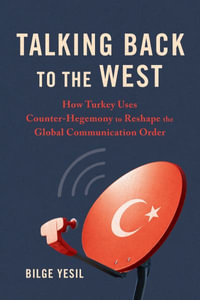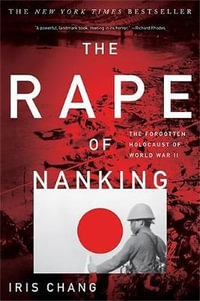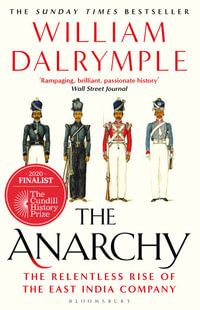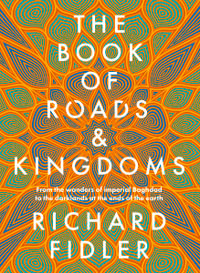Covid-19 has given renewed, urgent attention to ‘the pandemic’ as a devastating, recurrent global phenomenon. Today the term is freely and widely used but in reality, it has a long and contested history, centred on South Asia.
Pandemic India is an innovative enquiry into the emergence of the idea and changing meaning of pandemics, exploring the pivotal role played by or assigned to India over the past 200 years. Using the perspectives of the social historian and the historian of medicine, and a wide range of sources, it explains how and why past pandemics were so closely identified with South Asia; the factors behind outbreaks’ exceptional destructiveness in India; responses from society and the state, both during and since the colonial era; and how such collective catastrophes have changed lives and been remembered. Giving a ‘long history’ to India’s current pandemic, the book offers comparisons with earlier epidemics of cholera, plague and influenza.
David Arnold assesses the distinctive characteristics and legacies of each episode, tracking the evolution of public health strategies and containment measures. This is a historian’s reflection on time as seen through the pandemic prism, and on the ways the past is used or misused to serve the present.
About the Author
David Arnold is Emeritus Professor of History, University of Warwick, and former professor of South Asian History at SOAS. His books on medicine and the environment in British and postcolonial India include Colonizing the Body; Toxic Histories; and Burning the Dead: Hindu Nationhood and the Global Construction of Indian Tradition.
Industry Reviews
'Spanning two hundred years, Arnold's reflective study expertly reconstructs the dilemmas and decisions of India's ruling classes in trying conclusions with those four horsemen of the epidemiological apocalypse: cholera, plague, flu, coronavirus.' -- Pratinav Anil, Himal Southasian
'An authoritative account of what pandemics are and how they can be understood through a historical focus on India. It brilliantly demonstrates the impossibility of grasping the novel coronavirus outside the particularities and histories of place. A must-read for anyone interested in understanding India or pandemics or both.' -- Nayanika Mathur, Associate Professor in the Anthropology of South Asia, University of Oxford
'A significant contribution to the social history of medicine in India-a field that the author himself has done a great deal to develop. Arnold provides a fascinating discussion about the pandemic's medical, political and social configurations, analysing how India's historical experience of pandemics has been applied to the present situation.' -- Benjamin Kingsbury, historian, and author of The Dark Island: Leprosy in New Zealand and the Quail Island Colony
'A powerfully argued, well-researched and well-presented study of pandemics during the British colonial and post-independence periods in India, insightfully framed within the context of the Covid-19 pandemic.' -- Michael H. Fisher, Robert S. Danforth Professor Emeritus of History, Oberlin College, and author of An Environmental History of India
























